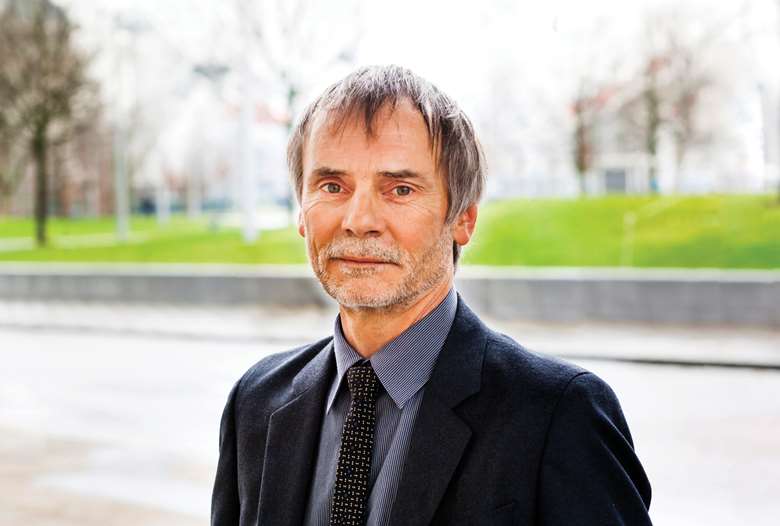Supply and demand mismatch in adoption
Andrew Webb
Tuesday, February 25, 2020
When I read the government’s letter exhorting councils to prioritise the adoption of children in care, I groaned inwardly and muttered: “Here we go again.”

For years, successive administrations have intervened as if adoption were like any other political policy arena: Prime Ministers Tony Blair and David Cameron had a go with their taskforces; while Education Secretary Michael Gove was rarely silent on the issue; and now the current team is weighing in. Over the decades, we have seen investment in both well-meaning and ill-advised initiatives designed to speed up processes and provide much needed support to children and their adopters.
Governments wielded their big stick through adoption scorecards (which became inspection evidence), resulting in ill-informed and ill-equipped intervention teams being sent into “poorly performing” councils. Local authorities were then coerced into establishing Regional Adoption Agencies to boost performance. Yet the headline numbers are going in the wrong direction. There are two distinct issues: first, there are too many children in care who are not in a secure permanent family; and second, there are always adults who wish to adopt to create or complete a family. History shows that neither of the issues will be improved to anybody’s satisfaction simply by conflating them.
At the start of my career, the largest group of children adopted were those relinquished at birth, but there were never as many babies as prospective adopters. Then, the adoption process treated the child as an object to be legally transferred from one owner to another: there were almost as many questions in the forms about whether the child had any property rights as there were questions about their family health history. The state can make no more fundamental intervention in a child’s life than removing a parent and transferring that role permanently to another, and while this might be appropriate for a tiny infant, voluntarily given up, it is morally, ethically and practically a more complex question for a child who knows – and will always have memories of – a birth parent.
There is the knowledge and skills in children’s services to recruit and prepare prospective adopters. However, there is such a mismatch between the reality of the supply of children and the deeply felt demand of prospective adopters that these skills are too often being used to convince people that what they really want is a different type of child.
If the government persists in making adoption a priority without first reconsidering the nature of permanence, the range of ways of achieving it and the enduring support it requires, it will fail to make any difference. Neither children nor prospective adopters will be better served by seeking ever more innovative ways of supporting the wrong legal framework.
Furthermore, any attempts to enforce more adoptions from care will simply play into the hands of the group of vocal fantasists who believe the state is conspiring to use the care system as a supply chain for childless adults.
- Andrew Webb is a former ADCS president




